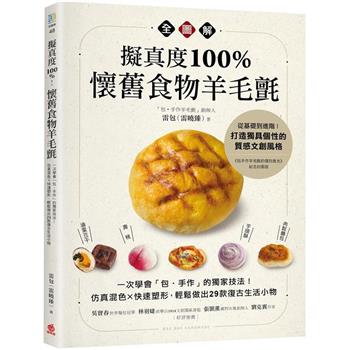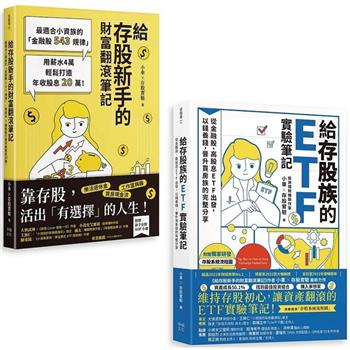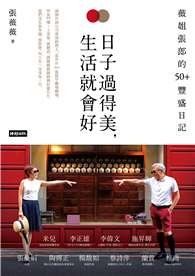The Leisure Competence Measure (LCM) is a testing tool with a 201-page manual that can be used with most patient populations served by recreational therapists.
The LCM is a standardized instrument designed to measure outcomes in recreational therapy. It consists of eight subscales: leisure awareness, leisure attitude, leisure skills, cultural/social behaviors, interpersonal skills, community integration skills, social contact, and community participation. It works for both screening and full client evaluation. The LCM will: objectively measure change in client functioning over time; provide a basis for evidence-based decision making; guide client-centered goal setting and recreational therapy intervention; provide a mechanism for program evaluation; help ensure compliance with CARF, JCAHO, and CCHSA standards; and provide accountability data to funding sources, administrators, and inter-disciplinary teams. The LCM has been rigorously tested with demonstrated evidence of good validity, reliability, feasibility, and sensitivity to change. It has been found useful across a variety of settings, from rehabilitation to long-term care.
The LCM Professional Manual includes the LCM and provides: detailed, step-by-step guidelines for ad-ministering, scoring, and interpreting the LCM; LCM practice cases and accompanying explanatory notes for both screening and full client evaluation; and the conceptual basis and theoretical framework for the LCM. Additionally, the LCM Professional Manual includes: an overview of theoretical frameworks that have direct relevance to recreational therapy practice; an introduction to major conceptual frameworks of disability; an introduction to measuring outcomes; an overview of goal setting, along with goal setting case studies; and an introduction to goal attainment scaling and recreational therapy practice.











